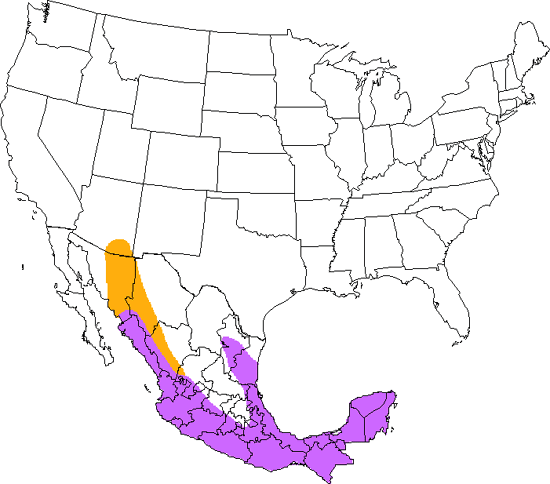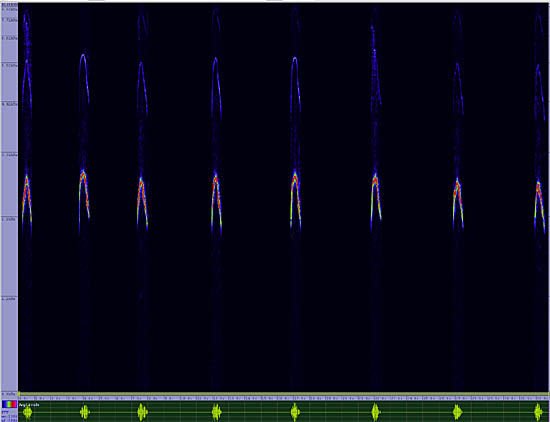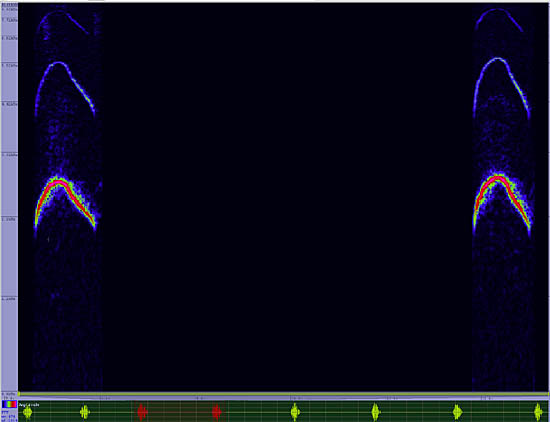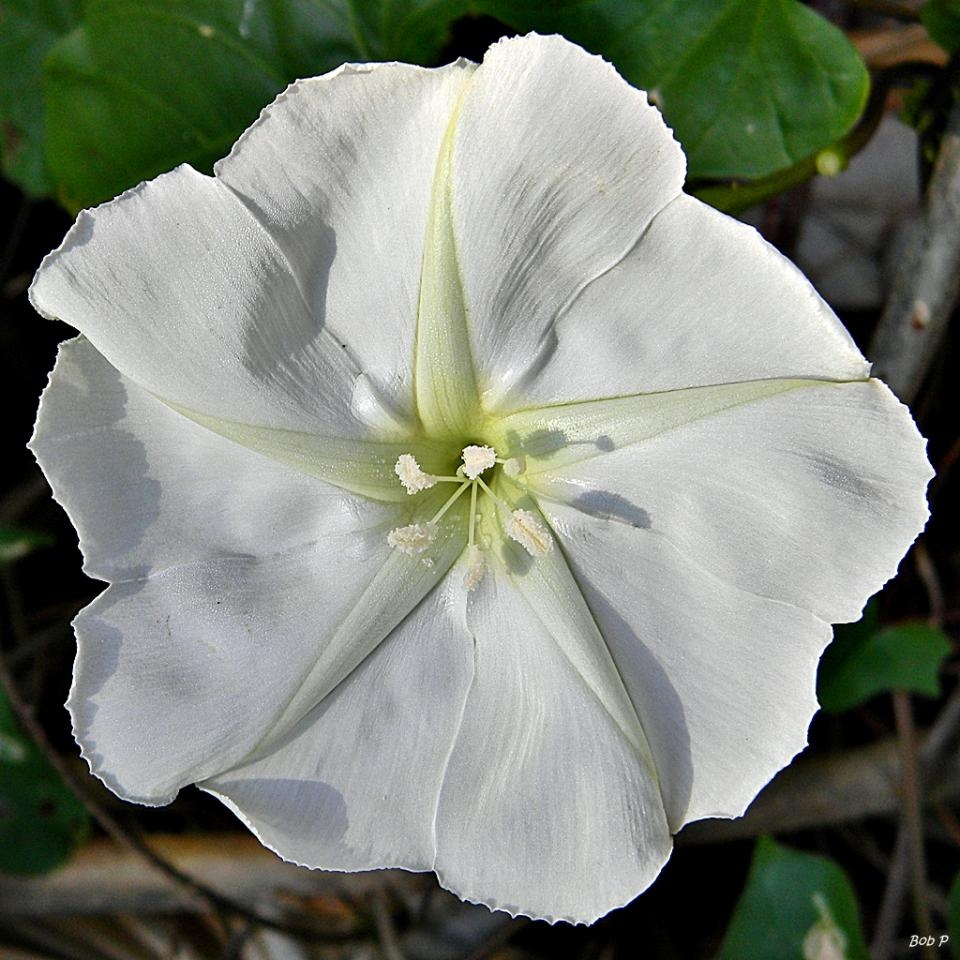The four-digit banding code is DCFL.

Perching
Dusky-capped Flycatcher
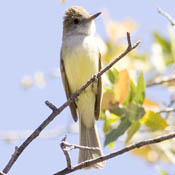
Length: 7 in. (18 cm )
Male | Oliver Niehuis
Oak-pine woodland
Riparian / River forest
View Citation
Bibliographic details:
- Article: Dusky-capped Flycatcher
- Author(s): Dr. Biology
- Publisher: Arizona State University School of Life Sciences Ask A Biologist
- Site name: ASU - Ask A Biologist
- Date published: July 13, 2017
- Date accessed: November 12, 2024
- Link: https://askabiologist.asu.edu/activities/bird/dusky-capped-flycatcher
APA Style
Dr. Biology. (2017, July 13). Dusky-capped Flycatcher. ASU - Ask A Biologist. Retrieved November 12, 2024 from https://askabiologist.asu.edu/activities/bird/dusky-capped-flycatcher
Chicago Manual of Style
Dr. Biology. "Dusky-capped Flycatcher". ASU - Ask A Biologist. 13 July, 2017. https://askabiologist.asu.edu/activities/bird/dusky-capped-flycatcher
Dr. Biology. "Dusky-capped Flycatcher". ASU - Ask A Biologist. 13 Jul 2017. ASU - Ask A Biologist, Web. 12 Nov 2024. https://askabiologist.asu.edu/activities/bird/dusky-capped-flycatcher
MLA 2017 Style
Be Part of
Ask A Biologist
By volunteering, or simply sending us feedback on the site. Scientists, teachers, writers, illustrators, and translators are all important to the program. If you are interested in helping with the website we have a Volunteers page to get the process started.







